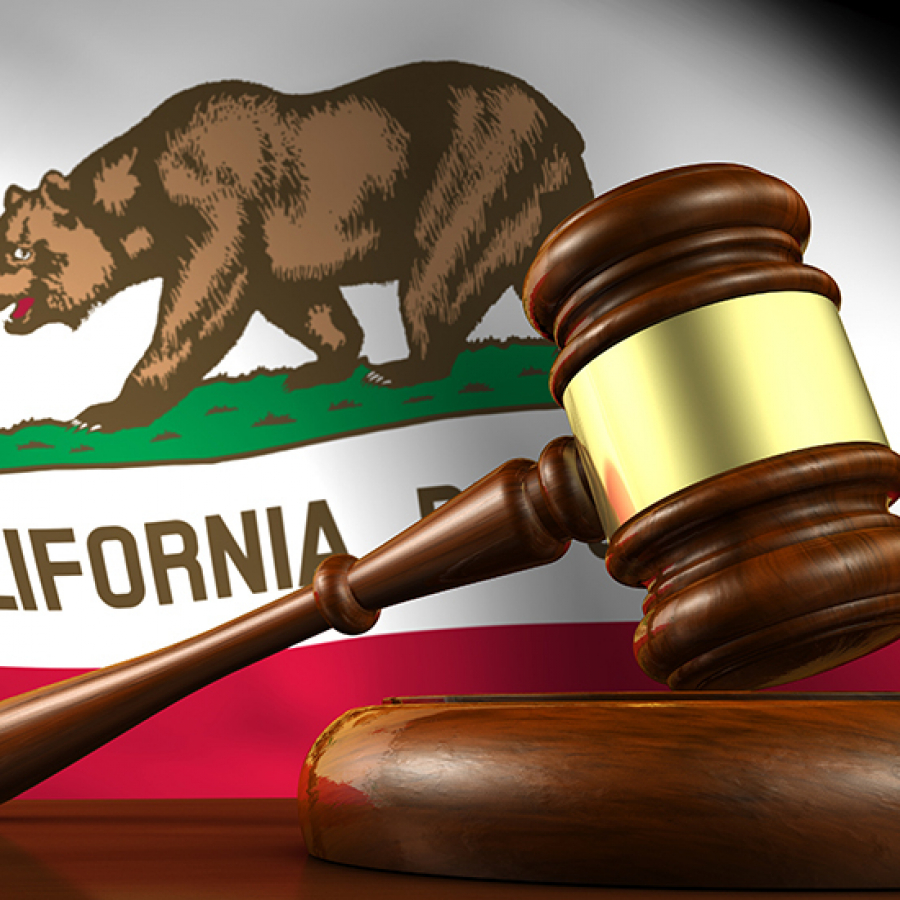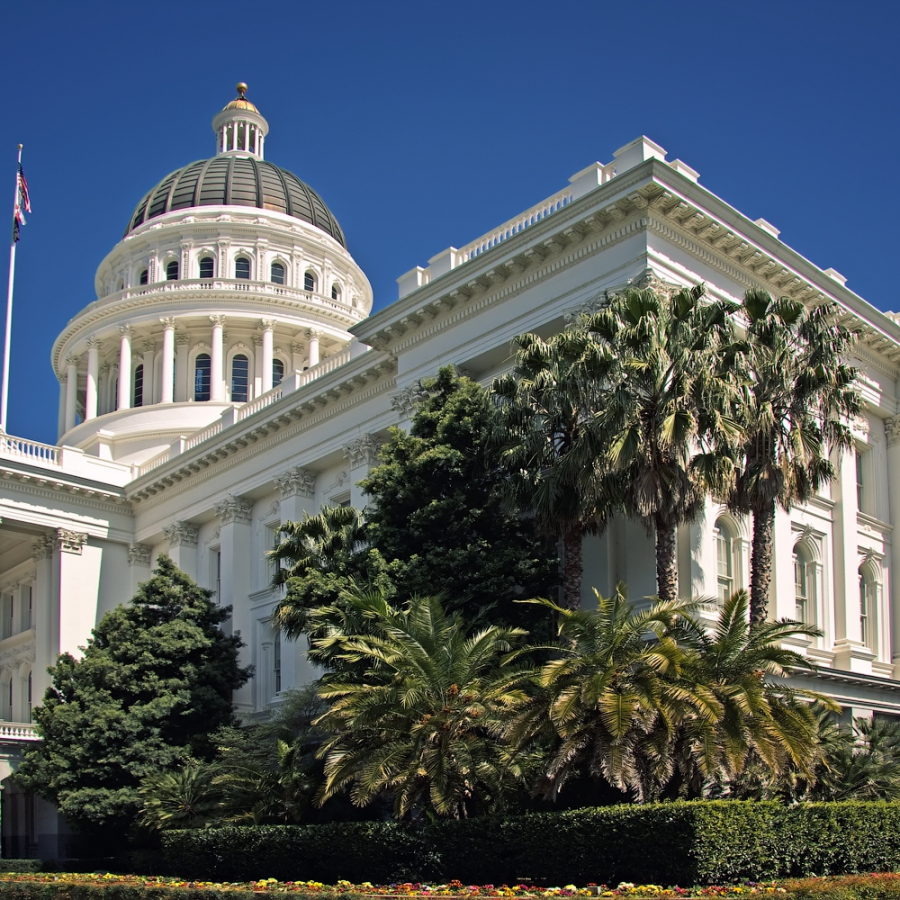
Legal
How a Med Spa Bill Moves Through Your State Legislature
By Madilyn Moeller, Marketing Content Coordinator, American Med Spa Association (AmSpa)A few lines in a state bill can fundamentally change ...

Show your committment to patient safety, legal compliance and community over competition.
AmSpa members receive preferred pricing on all AmSpa live and virtual trainings.
Get the latest news and information about safe, legal practice in medical aesthetics directly in your inbox.
Get access to med spa laws, in-person and online training and more!
Posted By Mike Meyer, Friday, July 12, 2019

By Patrick O'Brien, JD, legal coordinator for the American Med Spa Association

This past Monday, July 8, the California Board of Registered Nursing presented a webinar on the enforcement and intervention programs of the organization. The webinar covered multiple topics, but covered in most depth the process of coming under investigation and some of the aspects of the disciplinary process. While this information applies to just one professional board in one state, professional boards in all states have some type of enforcement and intervention program. Additionally, the California Board of Registered Nursing is the largest nursing board in the country, and it often serves as a model for other states to follow.
The disciplinary and enforcement process begins with the board receiving a complaint. Complaints can be made by anyone, including people who remain anonymous. The board also can become aware of issues through arrest reports from law enforcement agencies.

According to the board representatives, most complaints fall into three main categories.
Since the largest category of investigations involves substance abuse issues, it is not surprising that a major portion of the presentation was dedicated to aspects of the board's intervention program. In this program, nurses experiencing substance abuse or mental health issues can get support and help to work their way back to practice. Nurses may self-refer to the program or be referred by the board as a result of a complaint. While a nurse participates and progresses in the program, the board will refrain from imposing disciplinary actions on him or her. The intervention program includes clinical assessment and treatment, random drug testing, participation in a nurse support group, and an appropriate 12-step program. However, the board stressed that the intervention program is intended as an alternative to discipline. Nurses who decide to enter the program must surrender their licenses until they complete the program, and those who leave the program early or are not compliant with the requirements may be subject to further investigation and formal discipline.

The types of discipline available to the board range from issuing citations and fines to revoking or suspending the nurse's license, as well as placing him or her in question on probation. If you are interested in watching the webinar, the presenters assured attendees that a recording would be made available on the board's website in the coming weeks. Fortunately, the board's website does currently have a number of resources related to enforcement and intervention.
Even if you are not in California, every person should be familiar with their state's professional license discipline and intervention process. Maintaining a high level of professional conduct is important both for public safety and for the credibility of your profession. You also may find that your board is able to provide assistance to yourself or a colleague before a small issue becomes a big one.
Related Tags
Medical spa news, blogs and updates sent directly to your inbox.

Legal
By Madilyn Moeller, Marketing Content Coordinator, American Med Spa Association (AmSpa)A few lines in a state bill can fundamentally change ...

Legal
If you’re running a medical spa, you probably wear a dozen hats before lunch, provider, HR, marketing, IT, therapist, and ...

Legal
California has now passed two laws that will have an effect on how investors, health care entities and management services ...

Legal
A newly passed law in California will prohibit certain contractual provisions between medical and dental practices and private equity groups ...